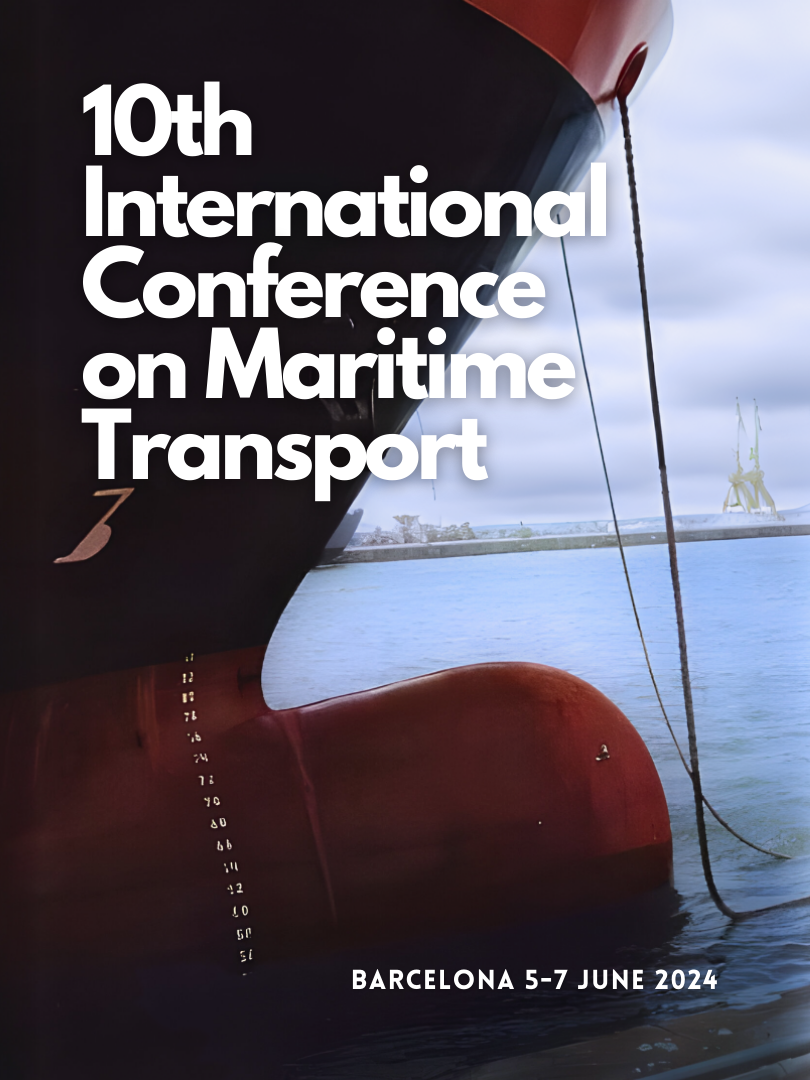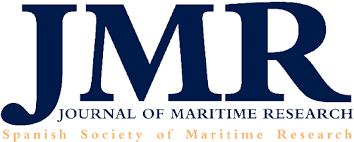QUANTIFYING AND IDENTIFYING CAUSES OF ABSENTEEISM IN MARITIME STUDIES: A CASE STUDY AT BARCELONA SCHOOL OF NAUTICAL STUDIES
DOI:
https://doi.org/10.5821/mt.13181Abstract
Absenteeism at the university level can be attributed to a multitude of factors. Some of these factors are academic self-perception, attitudes towards teachers, or academic performance. Others are more closely associated with work-related absenteeism, including stress, group size, commitment, and job satisfaction. In Spain, an increase of absenteeism has been noted at university level, particularly after the Covid crisis, making it one of the primary challenges that require attention. Due to the particularities and specific requirements of the Maritime Education and Training (MET) system, this study aims to quantify the current level of absenteeism and identify its main causes at the Barcelona School of Nautical Studies (FNB-UPC). This study represents the initial phase of the teaching innovation project ASAP-UPC, which focuses on redesigning teaching methodologies to minimise absenteeism in polytechnic study programs. Students and lecturers are asked about their interest in attending classes, skill development throughout their FNB-UPC experience, and their perception of the skills required for a maritime career. Information is gathered through both online surveys and in-person interviews. Results indicate that absenteeism occurs not only in class attendance but also in participation in various university activities, partly due to the change in habits caused by the pandemic. A significant number of students express dissatisfaction with in-person classes, claiming that they are overly theoretical and lack the expected balance between theory, experimental practice, and problem-solving components. These findings hold significance for FNB-UPC lecturers and decision-making bodies, as they highlight areas that can be improved to offer a more useful experience to our students. Moreover, the outcomes of this research can potentially be applied to other Maritime Education and Training Institutions (METIs).












